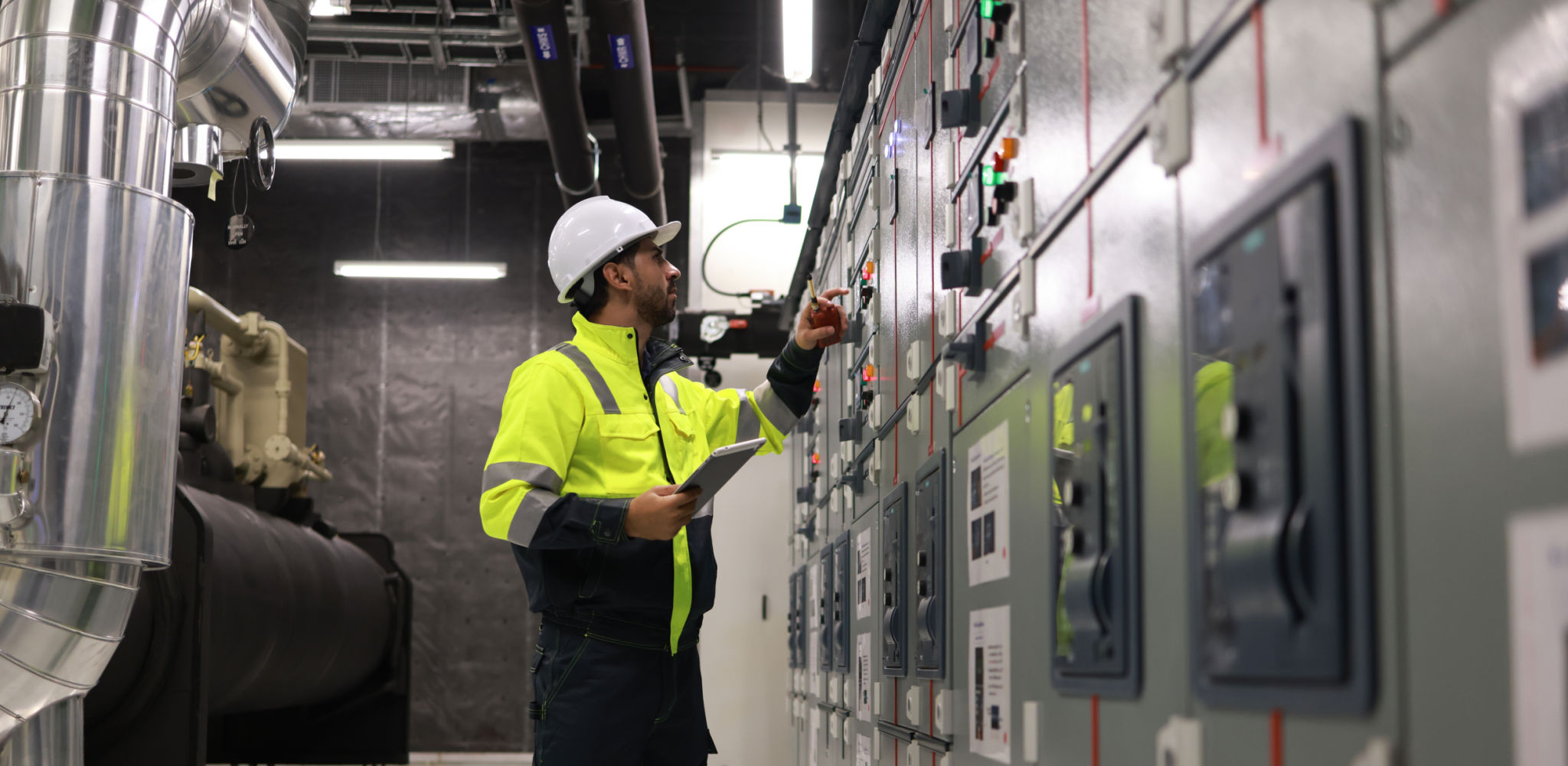How Prefabricated Homes are Revolutionizing Construction in Hong Kong
Introduction to Prefabricated Homes
The construction industry in Hong Kong is undergoing a significant transformation, thanks to the rising popularity of prefabricated homes. These structures are assembled from factory-manufactured components, offering a modern solution to traditional construction challenges. With the bustling city's demand for quick, efficient, and sustainable housing solutions, prefabricated homes are becoming an increasingly attractive option.

Speed and Efficiency
One of the most compelling advantages of prefabricated homes is their speed of construction. Unlike conventional methods, which can take years, prefabricated homes can be assembled in a matter of weeks. This is particularly beneficial in Hong Kong, where space and time are at a premium. The reduced construction time translates to lower labor costs and quicker occupancy, which is a win-win for developers and residents alike.
Streamlined Construction Process
The efficiency of prefabricated homes lies in their streamlined construction process. The majority of work is done off-site in controlled factory environments, ensuring consistent quality and minimizing delays caused by weather conditions or on-site logistical issues. These factors contribute to the growing appeal of prefabricated homes in urban settings like Hong Kong.

Environmental Benefits
Prefabricated homes are also noteworthy for their environmental benefits. The production process generates less waste compared to traditional construction methods. Moreover, the materials used are often more sustainable, aligning with Hong Kong's increasing focus on eco-friendly urban development. This shift not only meets regulatory standards but also caters to the growing consumer demand for green living solutions.
Energy Efficiency
Another environmental advantage is the energy efficiency of prefabricated homes. They are designed with precision, ensuring superior insulation and reduced energy consumption. This is particularly important in a city like Hong Kong, where temperatures can soar, leading to increased reliance on air conditioning systems.

Cost-Effectiveness
The financial aspect of prefabricated homes cannot be overlooked. By reducing construction time and labor needs, these homes offer a cost-effective alternative to traditional builds. For developers, this means higher profitability and a quicker return on investment. For homeowners, it translates to more affordable housing options in a city known for its high real estate prices.
Quality Assurance
Despite their lower cost, prefabricated homes do not compromise on quality. The factory-based production process allows for stringent quality control measures, ensuring each component meets high standards before reaching the construction site. This focus on quality assurance provides peace of mind for buyers and investors alike.

The Future of Housing in Hong Kong
The rise of prefabricated homes signals a shift in Hong Kong's approach to urban development. As the city continues to grow, the need for innovative and sustainable housing solutions becomes more pressing. Prefabricated homes offer a viable answer to this challenge, promising to revolutionize the construction landscape in the years to come.
As more stakeholders recognize the benefits of these modern structures, it is likely that their adoption will continue to increase. This growth will not only change how buildings are constructed but also redefine what is possible in urban living.
